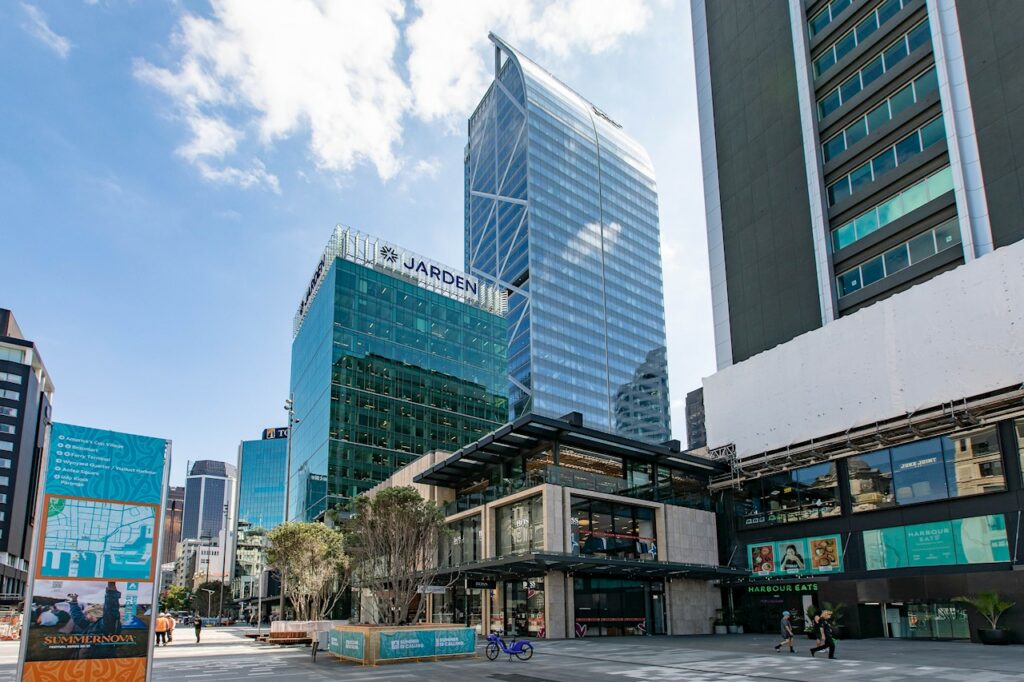Property Council submission on the Local Government (System Improvements) Bill 2025
On 27 August 2025, the Property Council submitted on the Local Government (System Improvements) Bill 2025. Why this matters to our members The Bill aims to reform local governance for




